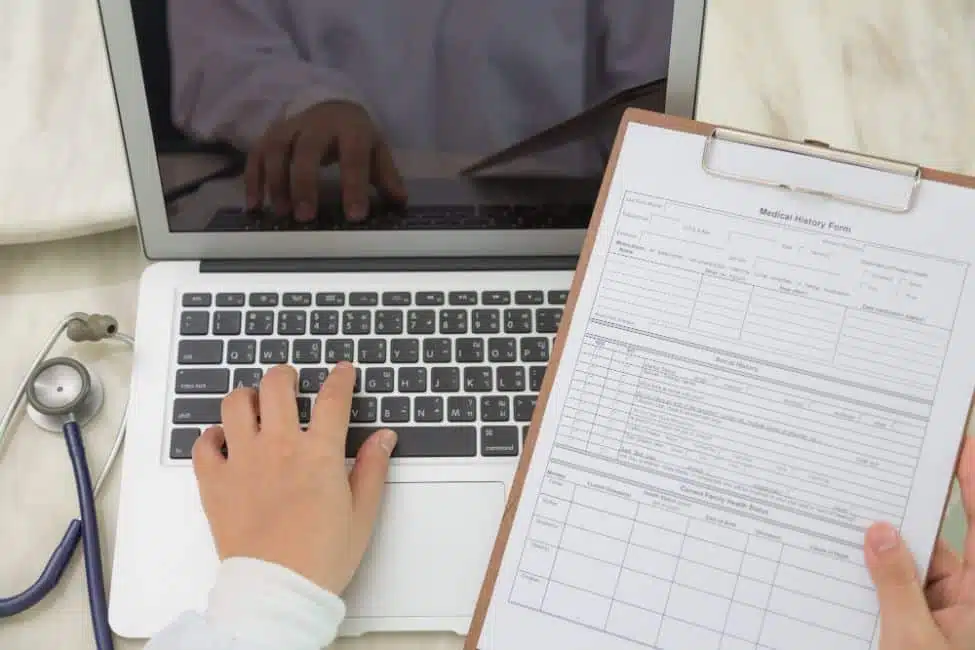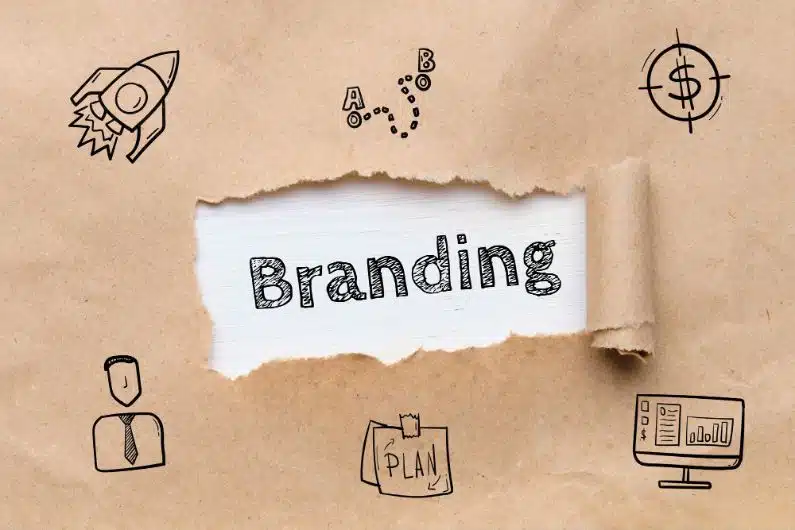Healthcare translation services refer to the specialized practice of converting medical text and speech from one language to another. This service is vital across various aspects of medical care, including settings like operating rooms and nursing homes.
The benefits of healthcare translation services are immense, ensuring that all patients receive care that is both accurate and accessible, regardless of language barriers.
While the quality and availability of these services can vary, particularly in regions with struggling healthcare systems, the primary advantages of implementing healthcare translation are significant.
This overview highlights the key benefits of these services in enhancing patient care and operational efficiency and the various ways that translation and interpretation services can be helpful in the medical world.
Benefits of Healthcare Translation
In comparison with translations of other disciplines, medical translation has its advantages.
Healthcare translation services offer significant benefits for doctors, nurses, and patients, facilitating clearer communication and enhancing the quality of care.
Professionalism in nursing and for other healthcare assistants is key, meaning that those who care for the ill can accurately understand and address the medical needs of their patients who speak different languages. This helps to reduce the likelihood of miscommunication and errors in treatment.
Patients also benefit greatly from healthcare translations, as they are provided with the necessary information to make informed decisions about their health and treatment options.
Reduced Costs
Among the benefits of healthcare translation is that it can provide early diagnosis and virtual triage of patients in foreign languages, resulting in cost savings for both patients and the healthcare system.
Research has shown that 70 percent of healthcare decisions are made using diagnostic devices, so early detection leads to better results and lower costs.
Reduced Waiting Time
Predictive healthcare translation is used by medical applications and other medical platforms to determine if a patient needs a doctor’s appointment or can be treated at home. It helps to reduce wait times, which can be highly beneficial for both patients and healthcare providers.
High Precision of Interpretation
Healthcare translation services are crucial for achieving high precision in medical interpretation, ensuring that every nuance and medical term is accurately translated.
This precision is vital for effective patient care, as it minimizes the risk of miscommunication and errors in treatment plans or medication dosages.
By employing expert translators who specialize in medical terminology, healthcare providers can deliver services that are not only precise but also tailored to the linguistic and cultural contexts of their patients.
Medical Records
Translation services for medical records are essential in maintaining accurate and accessible healthcare documentation across different languages.
These services ensure that all medical information, from treatment histories to diagnostic results, is precisely translated, preserving the integrity and confidentiality of patient data.
Accurate translations are critical for enabling healthcare providers to understand and continue the care management of patients who speak different languages.
Mobility and Convenience
Mobility, accessibility, and convenience are significant trends today.
Using virtual conferencing tools to solicit instant translations and interpretations is one of those development technologies that is changing the way medical institutions operate and proving how the benefits of healthcare translation services are improving the efficiency of doctor/patient care.
Keeping in Touch
Communication between doctor and patient is the subject of the most cutting-edge research. This necessity has been clear to researchers for a relatively long time, whether through written or oral channels, being able to communicate is a must.
Hospitals and other healthcare facilities have found ways to keep their patients in touch with doctors, family, and friends through medical translation agency services.
Interpreting Services in Healthcare
Healthcare interpreting services play a critical role in ensuring that patients with limited English proficiency can access quality medical care.
In the UK, the NHS is legally required to provide interpreting services to ensure that patients can fully understand their medical treatment and communicate effectively with healthcare professionals.
The demand for interpreting services in the NHS is significant. A study found that among certain South Asian populations in the UK, patients were either assisted by friends or family during medical consultations or chose a doctor or nurse who spoke their language, rather than accessing formal interpreting services.
This suggests that a substantial number of patients may be relying on informal interpreting methods instead of accessing professional interpreting services.
Furthermore, a survey of 105 respondents of Pakistani, Indian, or Bangladeshi ethnicity across the UK found that 60% of those surveyed had used at least one type of formal interpreting service, such as face-to-face, telephone, and video-mediated interpreting.
This suggests that a significant number of patients from these ethnic groups have used formal interpreting services.
The use of professional interpreters can improve communication quality between patients and healthcare providers, leading to better hospital care outcomes.
However, the cost of interpreter services can vary widely and can come at a financial cost.
Despite this, the benefits of using professional interpreters, such as improved patient satisfaction and reduced readmission rates, can outweigh the costs in the long run.
Sworn Medical Translations and Certified Healthcare Documents
In the medical industry, the use of professional certified translation services, particularly sworn translations, has significant benefits.
These translations are executed by translators who have been officially authorized to provide legal assurance of their accuracy and fidelity.
This level of certification is crucial not only for employers and employees within the healthcare sector but also for individuals navigating the complexities of visas and immigration processes.
For employers, sworn translations ensure that all medical documentation and records meet the regulatory and legal standards required for operation in foreign markets or insurance purposes.
Employees, especially those involved in international collaborations or assignments, benefit from sworn translations in their professional documentation, such as qualifications and licenses. This facilitates recognition and acceptance across borders, enhancing career opportunities and compliance with international standards.
Additionally, for individuals applying for visas or undergoing immigration procedures, sworn translations of medical records and health assessments are often mandatory.
Final Thoughts on the Benefits of Healthcare Translation Services
The benefits of healthcare translation services represent a significant advancement in medical communication, by connecting languages and cultures within the healthcare system.
From reducing costs and waiting times to improving the precision of medical interpretations and enabling the legal validity of medical records, the benefits of healthcare translation are extensive and transformative.





